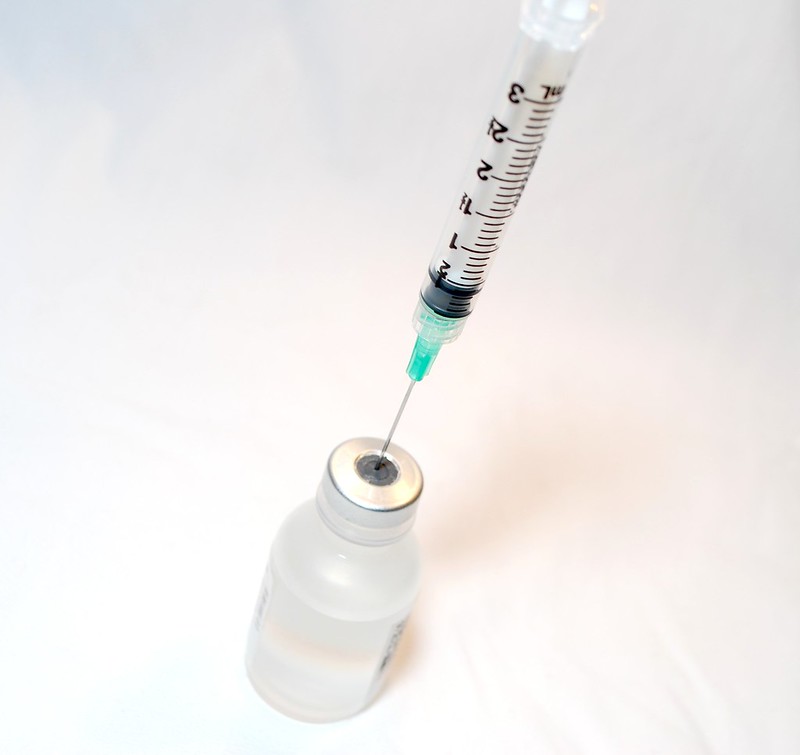The U.S. Food and Drug Administration (FDA) has ordered Pfizer and Moderna to expand warning labels on their COVID-19 mRNA vaccines, highlighting rare but potential heart inflammation risks. The updated warnings, formally mandated in April 2025 and officially published on June 25, provide more detailed information about myocarditis (inflammation of the heart muscle) and pericarditis (inflammation of the outer lining of the heart).
These conditions have been listed as rare side effects since 2021, but the FDA now requires more specific information about who faces the highest risk and what long-term effects might occur.
Who’s Most at Risk?
The new warnings specifically target males aged 12 through 24 years, who show the highest incidence of these heart conditions after vaccination. Based on analyses of commercial health insurance claims data from inpatient and outpatient settings, the estimated unadjusted incidence during the period 1 through 7 days following administration of the 2023-2024 Formula of mRNA COVID-19 vaccines was approximately 27 cases per million doses in this demographic. For the broader population aged 6 months through 64 years, the rate is about 8 cases per million doses.
“The observed risk of myocarditis and pericarditis following vaccination with mRNA COVID-19 vaccines has been highest in males 12 through 24 years of age,” states the updated warning required for both Pfizer’s Comirnaty and Moderna’s Spikevax.
Concerning New Findings
A critical factor driving these updated warnings comes from a longitudinal retrospective observational study of approximately 300 patients diagnosed with COVID-19 vaccine-associated myocarditis. Most of these patients had received a two-dose primary series of an mRNA COVID-19 vaccine prior to their diagnosis.
At a median follow-up of approximately 5 months post-vaccination, persistence of abnormal cardiac magnetic resonance imaging (CMR) findings, which are markers for myocardial injury, was common. The updated label explicitly states that the “clinical and prognostic significance of these CMR findings is not known.” This means doctors don’t yet know if these persistent heart abnormalities will cause problems down the road, creating uncertainty about long-term impacts.
Both Pfizer and Moderna are now required to conduct long-term studies to further assess the clinical impact and prognosis of vaccine-associated myocarditis. These studies are currently underway as part of the approvals of Comirnaty and Spikevax.
Balancing Risks: Vaccines vs. COVID-19
Health authorities emphasize that these heart conditions remain rare, and the risk must be viewed in context. The CDC continues to maintain that cases of vaccine-associated myocarditis are rare, typically respond well to treatment, and are less severe than heart complications from COVID-19 infection. Studies confirm that COVID-19 infection carries a significantly higher myocarditis risk than vaccination.
Similar Posts
Political Context
The FDA’s decision comes amid shifting policies around COVID-19 vaccines under the current administration. FDA Commissioner Marty Makary recently restricted annual COVID-19 shots to seniors and other Americans at higher risk from the virus, limiting access for healthy adults under 65.
Health Secretary Robert F. Kennedy Jr. has also made changes to CDC advisory panels, replacing all 17 members with new appointees, some of whom have expressed different perspectives on vaccine policies.
Medical experts have offered mixed reactions to the label changes. Some argue the FDA’s approach might be misleading without adequate context. “They are right to suggest that we need to consider myocarditis risks associated with the vaccine, but what they propose is exactly the wrong solution,” said Dr. Robert Morris of the University of Washington. “We should be investigating who is prone to myocarditis to see if we can predict and mitigate that risk.”

The Bottom Line
The FDA’s updated warnings represent a refinement of vaccine safety information rather than a new concern. While the label changes emphasize the need for continued monitoring of rare side effects, major health organizations still recommend COVID-19 vaccination for eligible individuals, stating that the benefits in preventing severe illness, hospitalization, and death significantly outweigh the rare risks of side effects.
As research continues, both vaccine manufacturers and independent studies will help determine the long-term significance of these findings, particularly for males aged 12 through 24 years who show the highest, though still rare, risk of heart inflammation after vaccination.


















